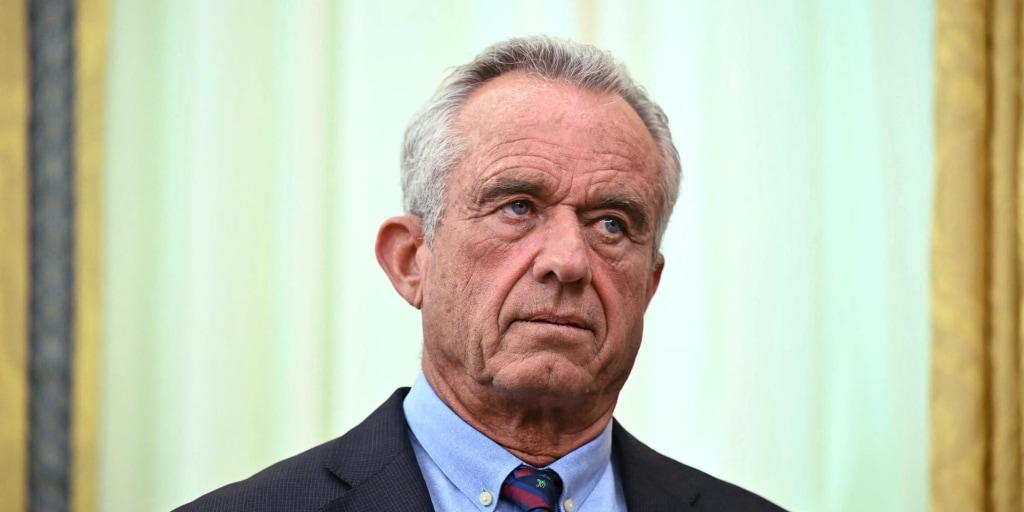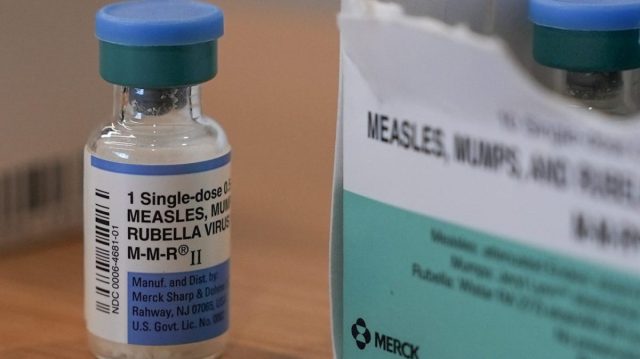Mpox Emergency Declared Over: WHO Warns Against Premature Celebration

In a significant milestone for global health, the World Health Organization (WHO) has declared that Mpox is no longer considered a global health emergency. However, health experts emphasize that continued efforts are crucial to completely eradicate this potentially dangerous virus that can cause severe and distressing symptoms.
The virus, known for producing painful and unsightly rashes, has been a serious concern for public health officials worldwide. While the emergency status has been lifted, the WHO warns that vigilance and targeted interventions remain essential to prevent future outbreaks and protect vulnerable populations.
Medical professionals stress the importance of ongoing research, vaccination programs, and public awareness to ensure that Mpox does not re-emerge as a widespread threat. The declaration signals progress in managing the virus, but also serves as a reminder that sustained global cooperation is key to preventing its transmission and minimizing its impact.








